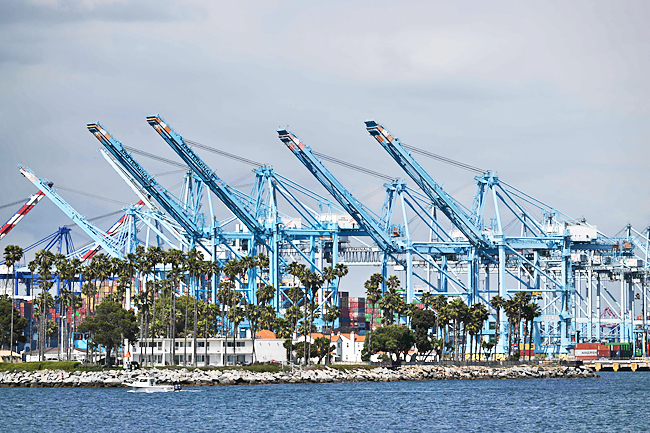PARIS (AFP) – The Organisation for Economic Co-operation and Development (OECD) yesterday published a draft agreement aimed at the fairer distribution of tax revenues on profits made by large multinationals.
Multinationals, especially tech firms, are currently able to shift profits easily to countries with low tax rates even though they carry out only a small part of their activities there.
The OECD said in July that nearly 140 countries had taken the first step towards reaching agreement on the first draft of a multilateral convention on how to tax these companies.
That draft convention was published yesterday, although the OECD said it is not yet open for signature due to final concerns from countries including India, Brazil and Colombia.
Director of the OECD centre for tax policy and administration Manal Corwin said there was “very broad consensus on the vast majority of the architecture” of the text among the 140 states involved. The goal was still for it to be signed by the end of the year, she said.
If the convention does not come into force, Corwin warned that there is a risk of one-sided national taxes on digital services, which could “threaten the stability of the international system”.

Under the agreement, large multinationals will have to pay some tax on profits in countries where their clients are based – regardless of the country where they are based. It will only apply to the biggest companies with a global turnover in excess of EUR20 billion (USD21 billion), and will affect about 100 companies.
If the convention is adopted, the extra tax will be distributed proportionally between countries where the company has made at least EUR1 million in turnover.
In total, some USD200 billion should be redistributed every year, according to the OECD, with an additional tax revenue generated of between USD17 billion and USD32 billion.
In 2021, in talks led by the OECD, agreement was reached on a minimum tax rate of 15 per cent on multinationals and to develop rules on how to tax multinationals so countries don’t lose out by profit shifting. But the talks on arriving at a formula on taxing multinationals have moved forward slowly. The convention must now be signed by the states and then ratified in their national parliaments.
To come into force, it must have been adopted by at least 30 countries where at least 60 per cent of the multinationals are located. Nearly half those companies are based in the United States. However, President Joe Biden does not currently have a big enough majority in Congress to ratify the text, casting a major uncertainty over the future of the agreement.
Based in Paris, France, the OECD is a 38-member international organisation focusing on policy.





